The country of Slovenia with two million inhabitants is located next to Italy, Austria, Hungary and Croatia in the south-east of Europe. The following report is intended to provide insights into the history of the country as well as current political and economic developments.
Independent state of Slovenia
In 1918, the state of the Slovenes, Croats and Serbs was proclaimed – “SHS state” for short. After the Second World War, Slovenia was also incorporated as a constituent republic into the Federal People’s Republic of Yugoslavia. The reconstruction of the state followed in the course of the socialist model. It is noteworthy that Slovenia was the first country to break away from the multinational state in the 1990s with the approval of the population being secured by a referendum. However, this was followed by a military operation referred to as the First Yugoslav War. The Slovenian military was able to defend itself and, with the help of Austria and the United Nations, a compromise was soon reached. Fortunately, this war left little damage to the country and economic stability followed quickly. There were also no ethnic problems, since Slovenia has (had) a relatively homogeneous population. Since 1991, Slovenia has existed as an independent constitutional republic whose constitution guarantees human and civil rights as well as compliance with the rule of law. [1]
Political System of Slovenia
The President is the head of state and is elected by the people every five years. He has representative tasks, can dissolve Parliament, arrange for new elections and is the supreme commander of the armed forces. The parliament in Slovenia has a legislative period of four years and consists of two chambers. On the one hand there is the State Assembly with 90 deputies, which fulfills the classic functions such as legislation and government control. On the other hand, from the Council of State, which holds 40 seats for the representation of social groups and fulfills representative functions. The parliamentary elections in 2022 brought fresh air to the country’s government, which has repeatedly had to contend with allegations of corruption: Robert Golob from the new freedom movement will take up his duties as prime minister from now on. [2]
Economy & International Relations
Slovenia is now considered the country with the highest standard of living in Eastern Europe, as it has consistently recorded stable economic growth. Along with industry and agriculture, the most important sector is clearly the service sector. Despite the small size, the country has a major impact on transit in Europe. Also, the unemployment rate is only 8%. [3]
Slovenia has been a member of the EU and the military alliance NATO since 2004. The euro was introduced as the official currency in 2007. In addition, the country has been a member of the OSCE, the WTO, the Council of Europe and the UN since the 1990s. It also participates in the agreements of the Central European Initiative and the Black Sea Economic Council. [4]
Christine Tapler

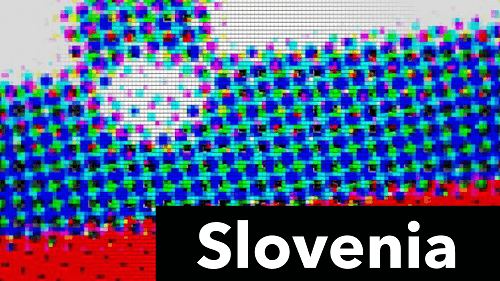
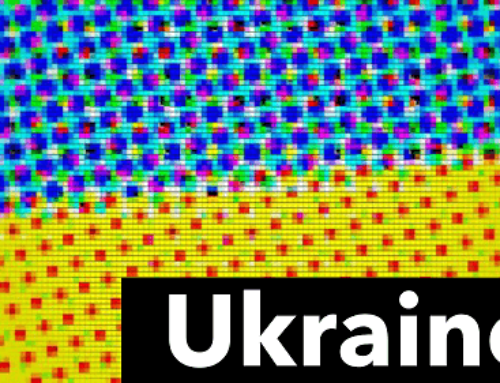
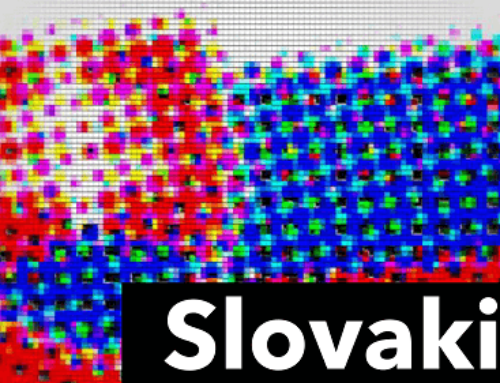
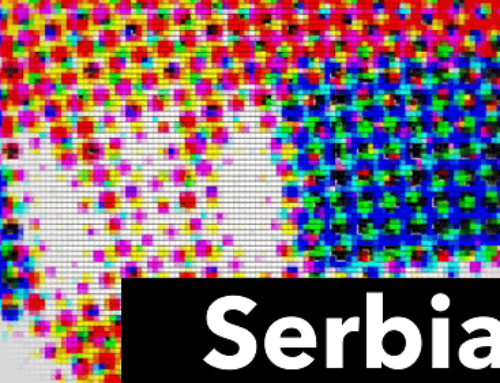
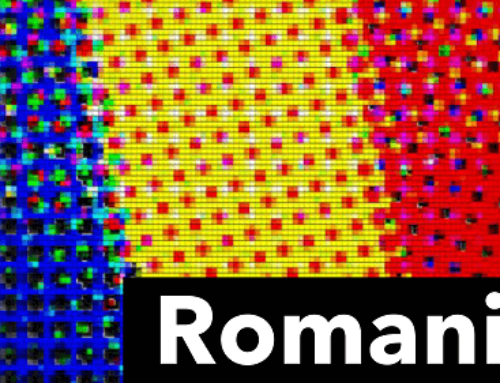
Leave A Comment